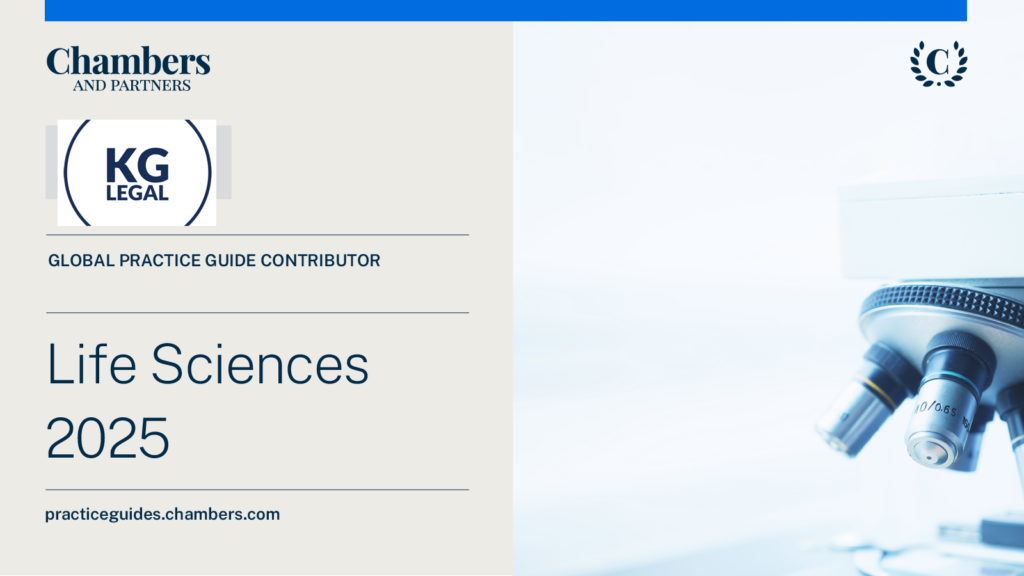Publication date: April 15, 2025
The purpose of data collection and its types.
Artificial intelligence and machine learning in medicine are areas that have gained importance in recent years. AI algorithms have been used to support clinical decision-making and image analysis. Doctors receive suggestions on the choice of therapy, drugs and the assessment of potential side effects.
In the area of medical imaging, machine learning is used to analyze computed tomography, X-rays and magnetic resonance imaging to identify pathological changes that could be missed by radiologists. Studies show that artificial intelligence algorithms achieve results comparable to, and in many cases even better than, the best diagnosticians. The effect of these actions is a reduction in the percentage of false positive diagnoses that indicate the presence of a disease, which in turn reduces unjustified anxiety among patients. Scientists from the United States have confirmed that decision-support tools can reduce the percentage of false positive diagnoses and improve drug dosing. Experts predict significant savings in the healthcare sector, provided that solutions based on artificial intelligence are consistently implemented. However, the implementation of AI in medicine raises numerous legal and ethical challenges that require special attention, especially in the context of medical data protection.
More
Publication date: April 04, 2025
Introduction
Adherence Day has been established by the International Society of Hypertension. “Adherence” is an English-language term used in medicine and refers to the extent to which a patient’s behavior (in terms of taking medications, following a diet, and making lifestyle changes) is consistent with medical recommendations (sensu largo), as well as to the appropriate dose and time of taking medications (sensu stricto). The opposite of adherence to therapeutic recommendations is referred to as “non- adherence” or “non- compliance”. The latter is a very negative and undesirable phenomenon in society, not only because of its health effects, but also because it generates huge costs for healthcare systems around the world. Scientific studies show that in the case of chronic diseases, many patients stop taking their medications on their own after 6-12 months or take them unsystematically, which negatively affects the entire treatment process (in the case of people with hypertension, about 58% stop following the doctor’s recommendations after a year, which leads to a deterioration in the quality and shortening of life, and the risk of death due to cardiovascular diseases increases by 30%). Moreover, it is estimated that each year in Europe, improper use of medications costs about 125 billion euros, and in Poland six billion zlotys. These amounts include, among others, hospitalizations that could have been avoided and repeated sick leave. Against this background, concepts of creating software and applications for mobile devices that would improve patients’ systematic compliance with medical recommendations and make it easier for doctors to monitor patients’ progress in the implemented therapy are increasingly appearing in the scientific and technological discourse.
More
Publication date: March 31, 2025
The meeting was devoted to the classification of medical devices. The main topic was the technical and legal classification and certification of medical products and diagnostic devices before they are introduced to the market. This process is very time-consuming and even very expensive.
It is worth using the help of a company that provides assistance in this procedure during this process. It is important that this company is a notified body, a conformity assessment body designated in accordance with Regulation 2017/745. Then you can be sure that a given product intended to take care of human health will be properly put into clinical trials and will be safe for people.
More
Publication date: March 31, 2025
The healthcare sector is one of the most challenging areas of innovation, characterized by high complexity, strict regulations, high development costs and cultural diversity in different countries. Despite technological progress, fragmentation of innovation ecosystems in digital health is a significant barrier to effective cooperation and implementation of new solutions. The COHES.io project (Connected Health Ecosystems via Open Innovation), which aims to create an interregional space for open innovation in digital health, is the response to these challenges.
More


